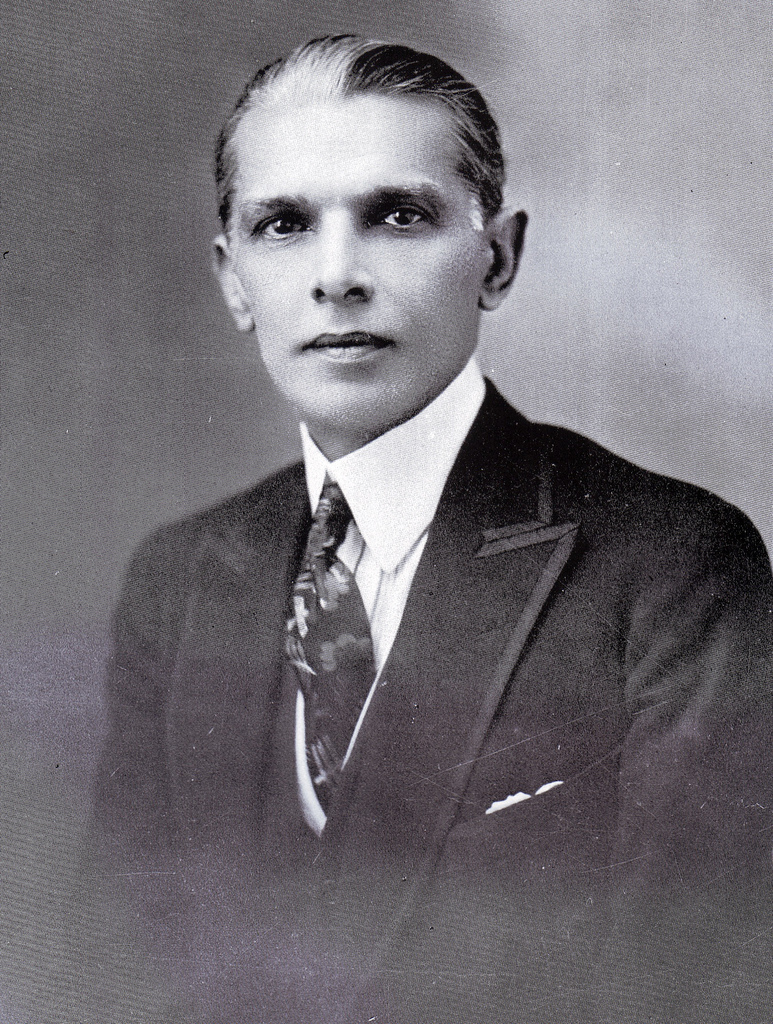 |
| Mohammad Ali Jinnah |
Mohammad Ali Jinnah was an Indian politician who helped found the country of Pakistan, which he governed as its first governor-general from 1947.
Born into a prosperous Muslim merchant family in British India, Jinnah determined early in life that he wished to be a lawyer, and he studied in Britain and at the University of Bombay to that end. In Britain he was part of the successful campaign for the election of Dadabhai Naoroji, who became the first Indian to sit in the House of Commons. Jinnah divided his time between politics and the law.
He was a moderate in religion; his views were rooted in Indian nationalism and the need for independence. However, as part of an educated elite in India he did not despise British political and social institutions but respected and admired the positive aspects of these, and aimed to retain them in an independent India in the future. He first served in an elected political office as part of the Indian National Congress of 1906.
  |
By the early 20th century, political thought in India was becoming divided between Hindus and Muslims. Muslims were starting to fear domination by Hindus, who were the majority. The All-India Muslim League was established in 1906, but Jinnah did not join until 1913, when he had been reassured that it was dedicated to a unified struggle for independence.
Jinnah established a reputation as an upholder of Hindu-Muslim unity. He was instrumental in forging the 1916 Lucknow Pact, which led to joint action by the congress and the league. However, the political rise of Mohandas K. Gandhi, who came to dominate Indian nationalism, led Muslim politicians to feel overshadowed. Jinnah withdrew from the congress and emerged as leader of the Muslim League. However, he committed to constitutional change at a time when Muslim-Hindu riots were starting to flare.
Jinnah spent the years between 1930 and 1935 in London but returned in 1935 when the British parliament passed the Government of India Act. He believed that the league should play an important role in a future coalition government. However, elections in 1937 were dominated by the congress, with the league winning only in provinces where Muslims were a majority.
After this point relations between Hindus and Muslims broke down almost completely. Fearful of the continued violence and the possible systematic exclusion of Muslim voices from the governance of a future independent India, Jinnah endorsed an idea that had first surfaced in 1930: the concept of a Muslim homeland with its own state on the Indian subcontinent. This state was to be known as Pakistan.
Mohammad Ali Jinnah is the father of Pakistan and was its wise helmsman. He served as the first governor of Pakistan until his death in 1948.